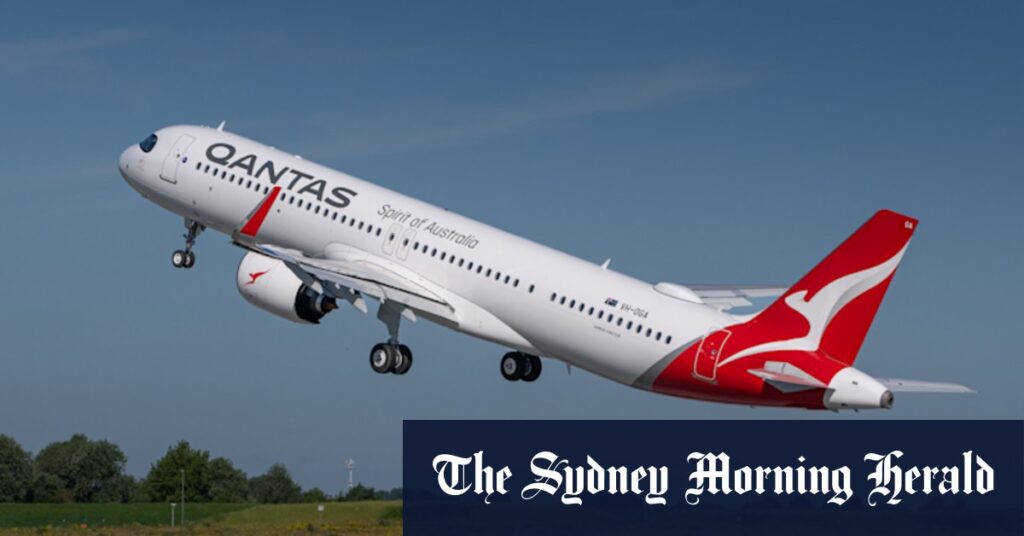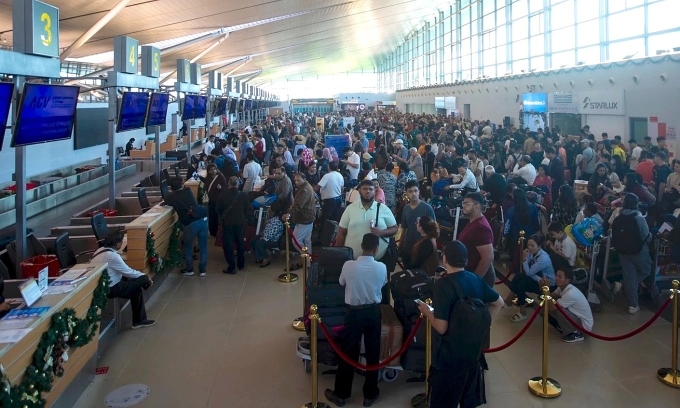
In a surprising turn of events, leaders of Commonwealth agencies and government board members traveling between Canberra, Sydney, and Melbourne will now be required to fly economy class. This decision comes despite the Albanese government’s previous stance that public servants should be allowed to travel in business class.
The announcement follows a recent ruling by the Remuneration Tribunal, an independent body responsible for setting pay and benefits for senior Commonwealth officials. The Tribunal has decided to remove business-class travel privileges for “tier-two” office holders, a category that includes leaders of various government corporations and agencies.
Government’s Initial Position
Earlier this month, the Albanese government quietly disclosed its rejection of a recommendation from the Finance Department, which had proposed that bureaucrats should fly economy on flights lasting less than three hours. This rejection effectively permitted these officials to continue enjoying business-class travel.
However, the Remuneration Tribunal’s recent decision contradicts the government’s earlier position, enforcing a stricter travel policy for certain officials.
Who Are the Affected Officials?
The ruling specifically targets “tier-two” office holders, who are typically leaders of government boards and councils. This includes prominent figures from the High-Speed Rail Authority Board, Housing Australia, Northern Territory Aboriginal Investment Corporation, Australian Renewable Energy Agency, Australian Research Council, Great Barrier Reef Marine Park Authority, and the Independent Parliamentary Expenses Authority.
These individuals will now have to adjust to the new travel arrangements, which could impact their travel comfort and convenience.
Context and Implications
The decision by the Remuneration Tribunal highlights the ongoing tension between cost-saving measures and the benefits afforded to senior government officials. The Tribunal’s role in setting compensation and perks is crucial, as it ensures that public resources are used judiciously while maintaining fair compensation for high-ranking officials.
According to sources familiar with the matter, the move is part of a broader effort to align public service travel policies with fiscal responsibility. The Tribunal’s decision could set a precedent for similar measures in other areas of government spending.
Expert Opinions and Analysis
Experts in public administration have noted that such measures are not uncommon in times of economic constraint. Dr. Emily Harris, a professor of public policy at the University of Sydney, commented,
“This decision reflects a growing trend towards austerity in public sector spending. While it may be unpopular among those affected, it underscores the need for responsible management of taxpayer funds.”
Comparatively, other countries have also implemented similar travel restrictions for government officials, particularly in Europe, where economic pressures have led to more stringent budgetary controls.
Looking Ahead
The implications of this decision could extend beyond travel arrangements. It may prompt a reevaluation of other perks and benefits provided to senior officials, as the government seeks to balance fiscal responsibility with the need to attract and retain top talent in the public sector.
As the situation develops, it will be important to monitor how these changes affect the operational efficiency and morale of the affected agencies. The decision also raises questions about the potential for further cost-cutting measures in other areas of government expenditure.
In conclusion, the Remuneration Tribunal’s ruling represents a significant shift in the travel policies for Australian bureaucrats, highlighting the ongoing debate over public sector compensation and the prudent use of government resources.






